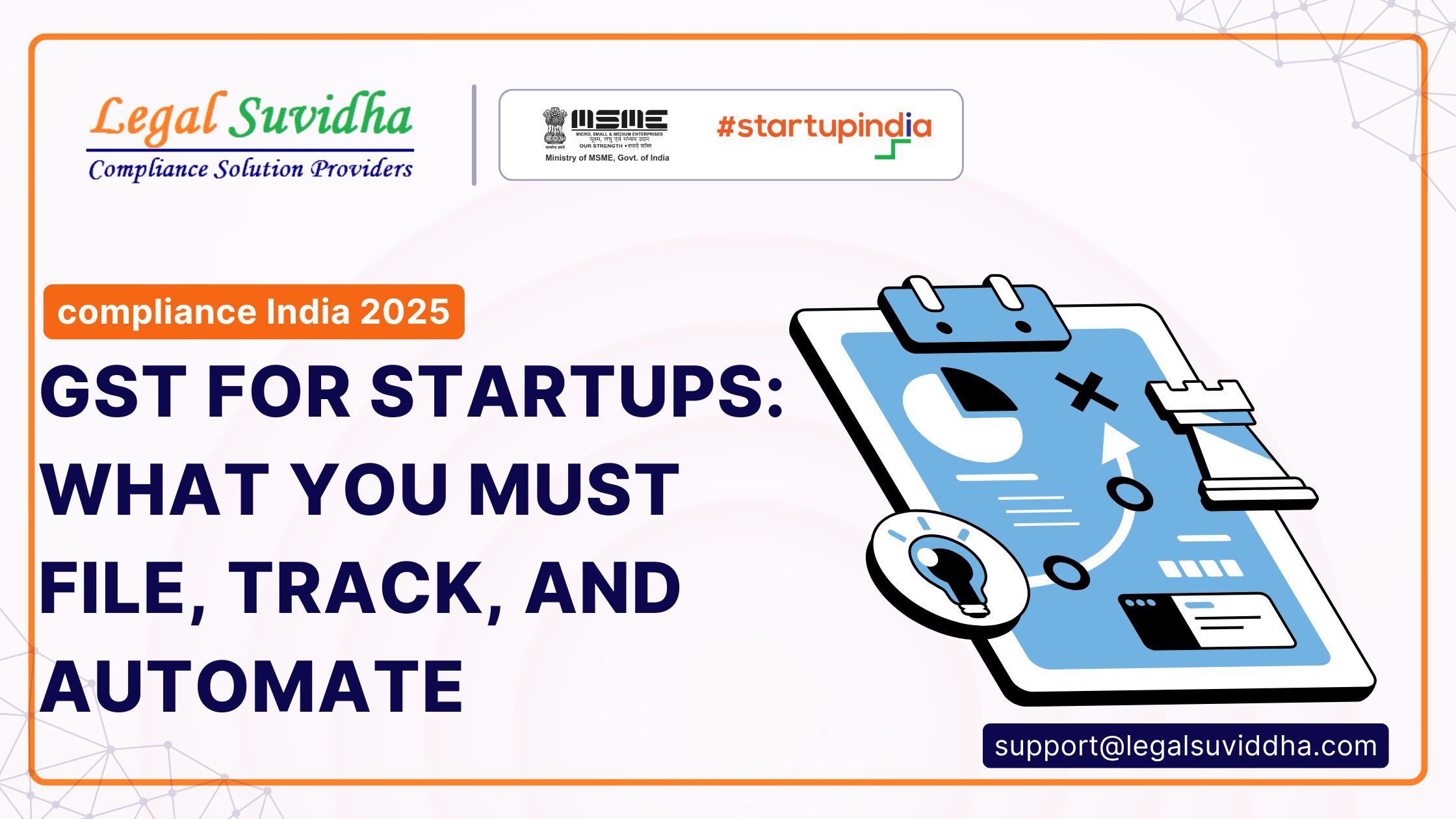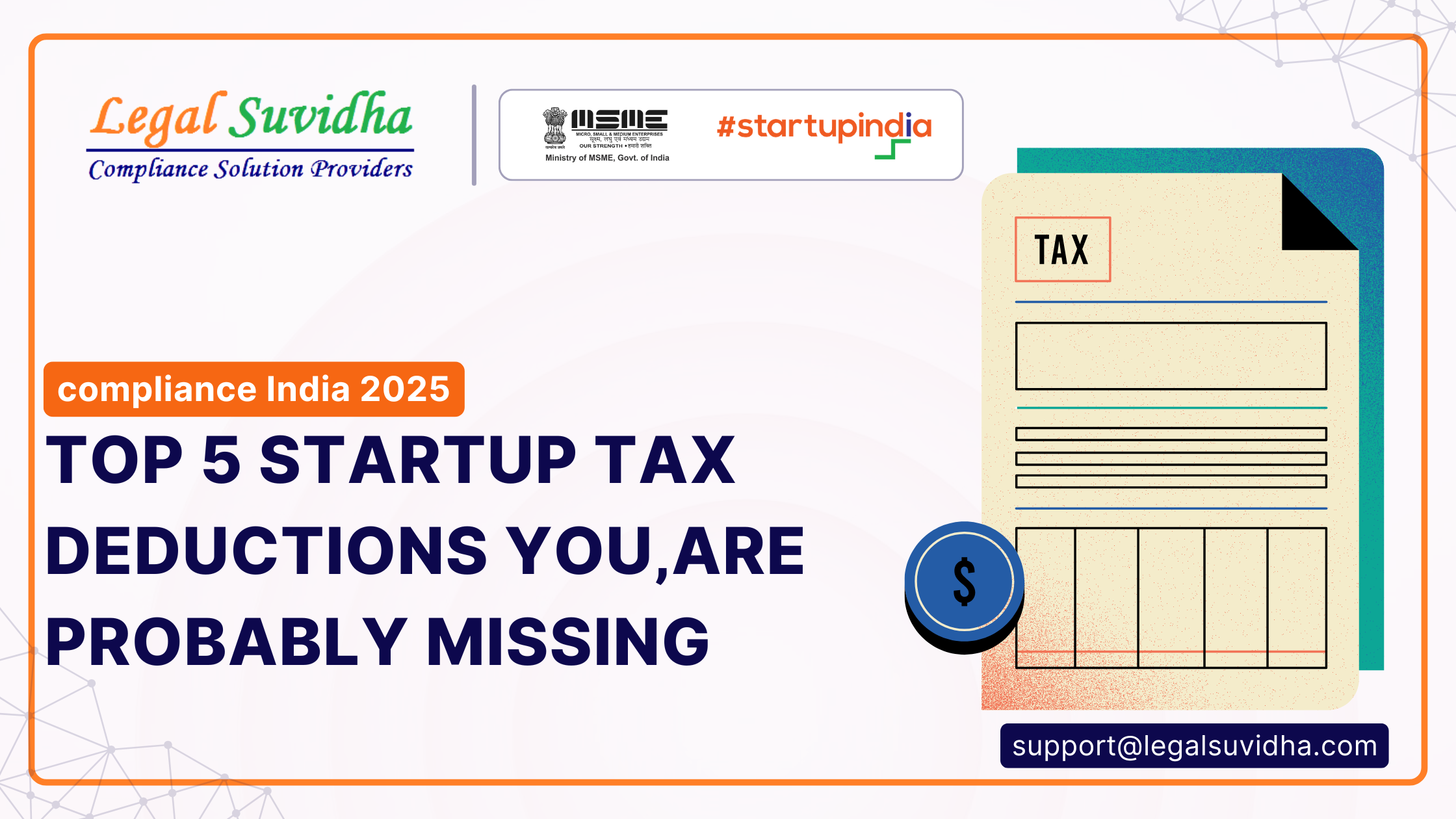Starting an edtech business in India can be a rewarding and lucrative venture. Starting edtech startup is good idea to reach wider audience.
Here are some steps you can follow to start an educational technology company in India:
- Research the market: Look into the current state of the educational technology market in India and identify potential gaps or opportunities for your company.
- Develop a product or service: Create a unique product or service that addresses a specific need in the educational technology market.
- Build a team: Assemble a team of professionals with the skills and expertise needed to develop and market your product or service.
- Create a business plan: Develop a detailed business plan that outlines your goals, target market, marketing strategy, financial projections, and other important aspects of your business.
- Secure funding: Determine the funding needed to launch and grow your business, and explore options such as grants, loans to raise the necessary capital.
- Register your business: Register your business with the relevant government agencies and obtain any necessary licenses or permits.
- Launch and market your product or service: Once you have everything in place, you can launch your product or service and begin marketing it to your target market.
The Future of Education in India:How Edtech startups are transforming the way we learn:
The future of education in India looks promising for edtech startups, as there is a growing demand for innovative and convenient learning solutions. Edtech startups are transforming the way we learn by offering a wide range of products and services, such as:
- Online courses and degree programs: Edtech startups are providing access to high-quality online courses and degree programs that allow students to learn at their own pace.
- Virtual tutoring and academic coaching: Edtech startups are offering virtual tutoring and academic coaching services to help students improve their grades and test scores.
- Adaptive learning platforms: Edtech startups are developing adaptive learning platforms that personalize the learning experience for each student based on their needs and progress.
- Educational games and simulations: Edtech startups are creating educational games and simulations that make learning fun and engaging for students.
- Virtual and augmented reality: Edtech startups are using virtual and augmented reality to create immersive learning experiences that simulate real-world situations.
Edtech startups are also leveraging artificial intelligence and machine learning to create personalized learning plans and provide real-time feedback to students. These innovations are making education more accessible, affordable, and effective for students in India.
5 ways Edtech startups are disrupting the education Industry in India:
- Providing access to quality education: Edtech startups are making it possible for students in remote or underserved areas to access high-quality education that was previously unavailable to them.
- Personalizing the learning experience: Edtech startups are using technology to personalize the learning experience for each student based on their needs, interests, and learning style.
- Making education more convenient: Edtech startups are offering flexible and self-paced learning options that allow students to learn at their own pace and on their own schedule.
- Reducing the cost of education: Edtech startups are offering affordable or even free education options, making it possible for more students to afford higher education.
- Improving the effectiveness of education: Edtech startups are using data and analytics to track student progress and provide real-time feedback, helping to improve the effectiveness of education.
Pros of starting an edtech startup in India:
- Growing demand: There is a growing demand for innovative and convenient learning solutions in India, making it an attractive market for edtech startups.
- Potential for scale: The large population and increasing access to technology in India make it possible for edtech startups to reach a large and diverse customer base.
- Government support: The government of India has recognized the potential of edtech and is providing support through initiatives such as the National Policy on Education and the National Education Technology Plan.
- Access to talent: India has a large pool of skilled professionals in fields such as technology, education, and design, making it easier to assemble a talented team.
Cons of starting an Edtech startup in India:
- Competition: The edtech market in India is becoming increasingly crowded, making it more difficult for new startups to stand out.
- Lack of infrastructure: In some parts of India, there are still challenges with regard to internet connectivity and access to technology, which can limit the reach of edtech startups.
- Cultural barriers: There may be cultural barriers to the adoption of edtech in some parts of India, as traditional education methods may be more entrenched.
- Funding challenges: Securing funding can be challenging for edtech startups in India, as investors may be hesitant to invest in an untested market.
Post Views: 40








